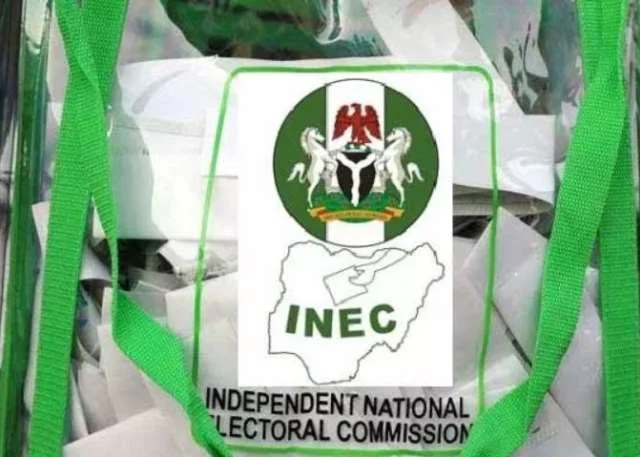The Socio-Economic Rights and Accountability Project (SERAP) has urged the Independent National Electoral Commission (INEC) to publicly disclose the safeguards and mechanisms it has put in place to protect election information and data in its custody.
In a letter addressed to INEC Chairman Prof. Mahmood Yakubu, SERAP requested details on measures protecting information stored in servers, databases, and other electronic formats.
Questions on Third-Party Involvement
The group also asked the Commission to clarify whether any third parties are involved in the collection, control, or use of election information and data. SERAP demanded transparency on the legal rules guiding such involvement and the processes for selecting external partners.
Storage Locations and Access Concerns
Additionally, SERAP requested clarification on other locations where election information is stored aside from Abuja, as well as details of any third party with access to such databases. The group pressed INEC to outline its contingency plans against potential threats to data privacy and security.
Freedom of Information Request
The requests were contained in a Freedom of Information (FoI) letter dated March 26, 2022, and signed by SERAP’s Deputy Director, Kolawole Oluwadare. The organisation stressed that securing election data would strengthen INEC’s ability to discharge its constitutional duties effectively.
Risks of Manipulation and Interference
SERAP warned that interference by unauthorized third parties could expose electoral systems to fraud, manipulation, and political meddling. Such vulnerabilities, it said, would undermine Nigerians’ right to participate in government and erode trust in the democratic process.
The group added that experiences from other countries highlight the risk of unlawful interference, stressing that election systems—particularly voter registration and voting technologies—are often the most vulnerable to manipulation.
Demand for Urgent Action
SERAP urged INEC to respond within seven days of receiving the letter, warning that it may pursue legal action if the Commission fails to comply.
“Publishing the details of election data safeguards would not only enhance transparency but also build public confidence in the electoral process,” the organisation said.






